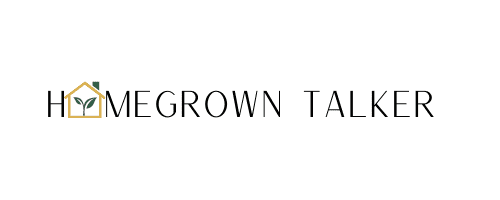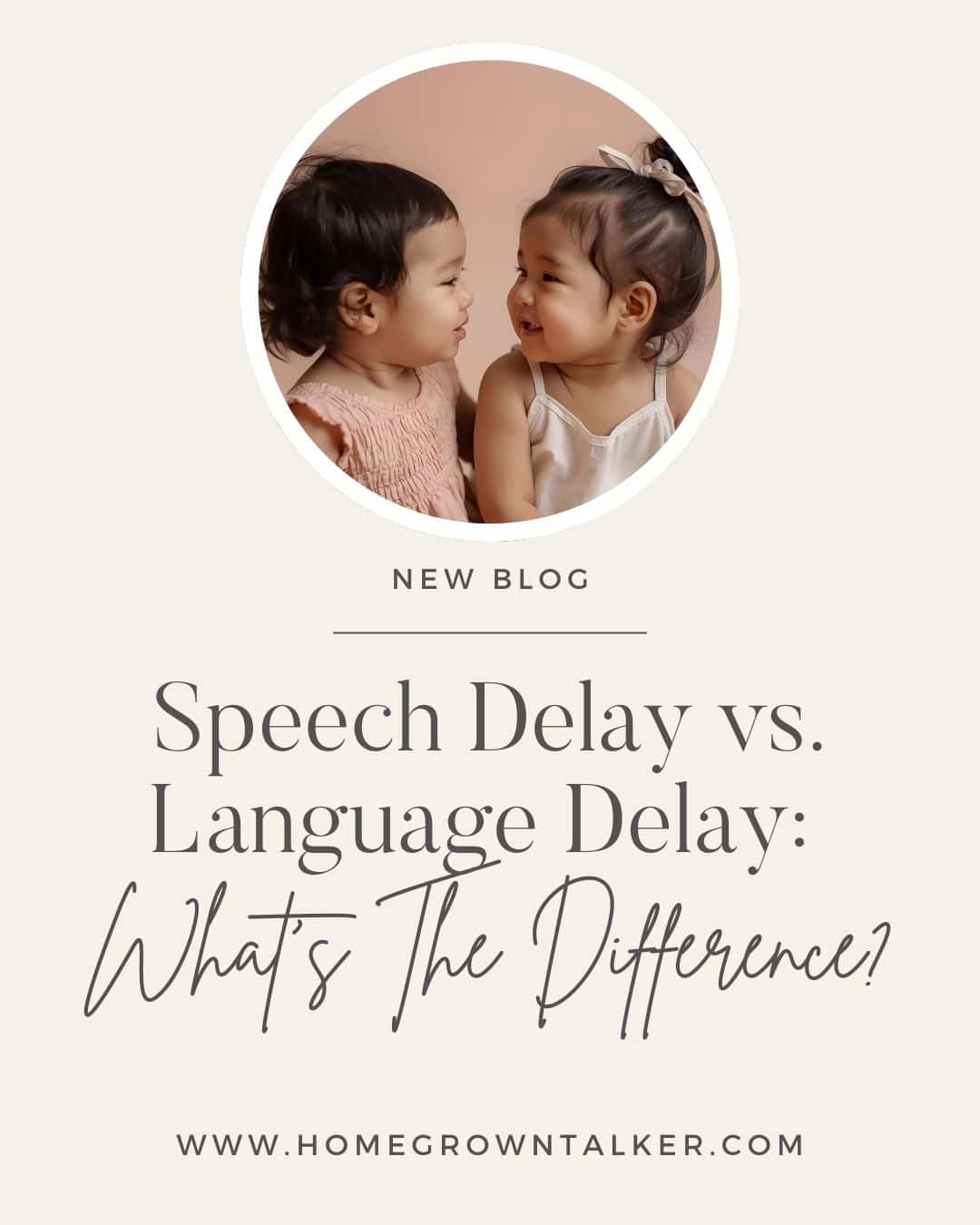Does my child have Autism?
To know if your child has Autism, your child will need to meet the diagnostic criteria for Autism Spectrum Disorder found in the American Psychiatric Association’s Diagnostic and Statistical Manual, Fifth Edition (DSM-5). Depending on your state and country’s structure, this will have to be given by a medical professional such as a doctor or clinical psychologist.
The diagnostic criteria for Autism
To know if a child has Autism, the child must have persistent deficits or delays in each of three areas of social communication and interaction plus at least two of four types of restricted, repetitive behaviors.
A) Persistent deficits in social communication and social interactions across multiple contexts (situations, people, environments, etc).
1.
Deficits in Deficits in social-emotional reciprocity (hard time sharing toys, doesn’t share interests with you, difficulty responding to hi/bye and their name, etc.).
2.
Deficits in nonverbal communication used in social interactions (poor eye contact, poor understanding use of body language/gestures, etc.).
3.
Deficits in developing, maintaining and understanding relationships or social expectations in various contexts (trouble with imaginative play or making friends, disinterest in peers, etc).
B) Restricted repetitive patterns of behavior, interests or activities as seen in at least two of the following
1.
Repetitive motor movements, speech, or use of objects (e.g., simple motor stereotypes, lining up toys or flipping objects, echolalia, idiosyncratic phrases).
2.
Difficulty with change in routines, insistence on sameness, or ritualized patterns of verbal or nonverbal behaviors (difficulty with transitions, extreme distress with changes in routine, etc)
3.
Hyper- or hyporeactivity to sensory input or unusual interest in sensory aspects of the environment (high pain/temperature tolerance, abnormal touching of objects, visual fascination with lights or movement of objects etc).
C) Symptoms must be present in the early developmental period.
D). Symptoms cause clinically significant impairment in social, occupational or other areas of daily living functioning.
E). These differences and difficulties are not better explained by intellectual disability or global developmental delay. Although intellectual disability and ASD do frequently co-occur; to make the diagnosis of autism spectrum disorder and intellectual disability, social communication should be below that expected for the child’s general developmental level.

Does this sound like your child?
Early communication for your child and Autism
A research study from 2010, found here, found that during the first year of life, subtle differences in motor development, visual attention, and interest in objects may be the earliest signs of a forthcoming developmental disorder.
The same study also found that, between age 1 and 2, differences in social interactions were noted. This is also the timeframe where parents started noting regression in developmental skills.
Examples of Early Social Skills and Autism
Language development and Autism
One of the most difficult aspects of predicting a child’s future after an Autism diagnosis is that no child with Autism is the same. Each child will have a different set of strengths, skills and difficulties than another same aged child with Autism.
An exciting finding from recent longitudinal research indicated that a significant amount of children in their study with limited verbal language skills in early life developed at least some spoken language skills by age 9.
In children with Autism, research has found some language characteristics that are broadly seen across the majority of children. These broad characteristics are a great place for parents and speech therapists to focus their interventions.
Form
Children with Autism are more likely to use short and grammatically simple sentences relative to their peers.
Content
Children with Autism have been found to have reduced vocabulary scores on standardized assessments than their peers.
Use
Children with Autism all demonstrate differences in their use or understanding of conventional pragmatic/social language skills including discourse and narrative tasks.
I think my child has Autism, now what?
- First, discuss with your child’s pediatrician.
- Get a referral for an Autism evaluation. This site has State Resources for Autism, as a good place to start if you are in the United States.
- Make the appointment for the initial evaluation
- Begin looking for Speech & Language and Occupational Therapists that align with your goals for your child
Use my FREE 5 Questions Guide & make sure you find the best therapist for your child
How Can I Help You?
As a special needs mom and pediatric SLP,
I want to help get you the resources you need to help your child find their voice.







